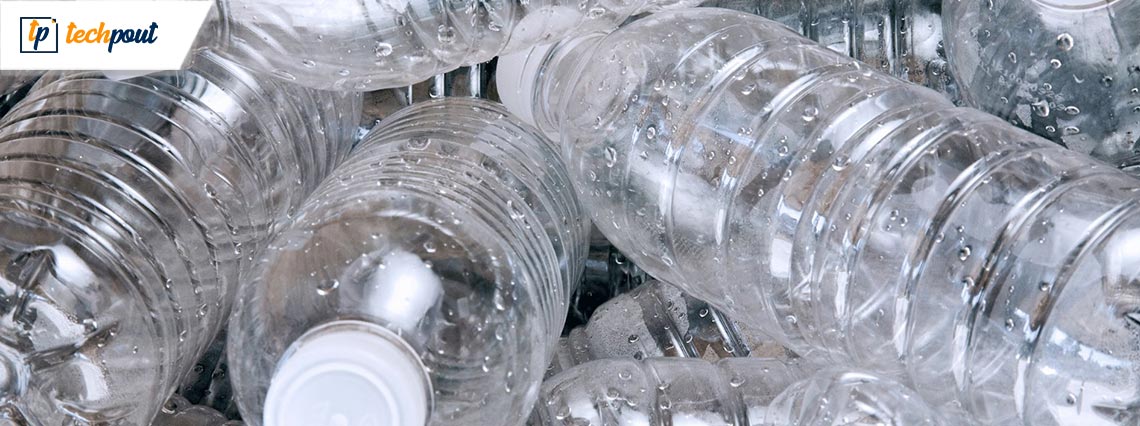Breaking Free From Plastic: Hydropanels Paving the Way for Sustainable Water Solutions

In an era marked by environmental concerns and water scarcity, technological innovations such as hydropanels offer a glimmer of hope. Introduced by the trailblazing company, SOURCE, these ingenious devices transform the way we access and consume water. By providing clean, drinkable water directly from the atmosphere, hydropanels not only disrupt traditional water sourcing methods but also promise a significant reduction in the plastic waste associated with bottled water.
Hydropanels: Unleashing a New Era of Water Generation
At their core, hydropanels are devices designed to harness solar energy to extract, condense, and mineralize water vapor from the atmosphere, delivering high-quality drinking water. This unique technology, functioning independently of traditional water infrastructure, presents a powerful weapon against water scarcity and supply instability.
Hydropanels and the War Against Plastic
Each hydropanel installed represents a significant step towards reducing our reliance on plastic bottled water. By generating water on-site, whether at a home, school, or workplace, these devices eliminate the need for plastic bottles, reducing plastic waste and contributing to a healthier planet.
A Decisive Move Towards Sustainable Water Solutions
Beyond their role in combating water scarcity, hydropanels present an effective solution to two pressing environmental issues: carbon footprint and plastic pollution. Hydropanels operate solely on solar power and atmospheric humidity, drastically reducing the carbon emissions associated with conventional water extraction, treatment, and distribution.
Moreover, by providing a viable alternative to bottled water, they contribute to a significant reduction in plastic waste. The World Health Organization estimates that globally, over 1 million plastic bottles are purchased every minute. Hydropanels offer a promising alternative to this unsustainable trend.
The Environmentally-Friendly Perks of Hydropanels
Significant Reduction in Carbon Emissions: Hydropanels operate using solar power and atmospheric humidity, eliminating the carbon emissions associated with traditional water extraction and treatment methods.
A Step Away from Plastic: By generating clean, potable water on-site, hydropanels eliminate the need for plastic bottles, contributing significantly to the reduction of plastic waste.
Water Quality Assurance: Hydropanels ensure the provision of clean and safe drinking water, eliminating the need for additional plastic-packaged water purification methods.
Long-Term Environmental and Economic Benefits: Although the upfront investment may be higher, the long-term benefits are twofold. By providing a sustainable water source, hydropanels reduce both the environmental impact and the economic costs associated with bottled water.
The potential of this transformative technology has attracted significant investments from major players like Bill Gates’ Breakthrough Energy Ventures, BlackRock, Duke Energy, and the Lightsmith Group.
The environmental benefits are hard to ignore: hydropanels are a zero-emissions technology that operate on solar power, thereby contributing to a significant reduction in carbon emissions. They also help to reduce plastic waste by offering an alternative to bottled water.
The advent of hydropanels marks a significant stride in our journey towards a more sustainable future. They not only bring a revolution in water generation but also embody a resounding declaration of war against plastic pollution.
For a deep dive into the world of hydropanels, visit SOURCE, the company pioneering this transformative technology.


